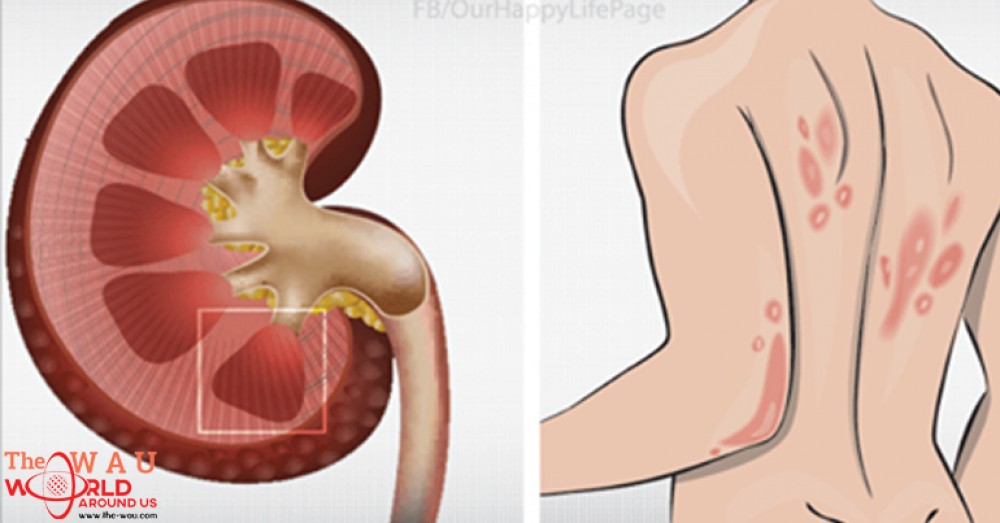Your kidneys are one of the smallest organs in your body, but they have one of the biggest jobs—they filter out all of the toxins you encounter every day. In fact, your kidneys must filter 20-150 quarts of blood just to produce 1 to 2 quarts of urine, which is composed of wastes and extra fluids.
Each of your kidneys has close to one million tiny filters known as nephrons. Typically, you are born with two kidneys. These small bean-shaped organs sit right under your rib cage, one on each side of your spine. While you can live with only one kidney, it can be very taxing on your body and eventually, you may require dialysis if the kidney becomes overwhelmed.
According to the Center for Disease Control and Prevention (CDC), 1 in 10 adults in the US -more than 20 million people- have some level of chronic kidney disease (CKD). And these numbers are only rising as more and more people develop chronic symptoms associated with kidney problems.
One of the reasons CKD is on the rise, according to experts, is that often people with serious kidney issues may not show any symptoms until the disease has progressed to the point they need hospitalization.
What Causes CKD?
Most often, CKD occurs when a disease or condition weakens your kidneys, causing damage that worsens over several months or even years.
Several conditions can cause CKD, the most common include:
- Diabetes: Type 1 or type 2
- High blood pressure
- Glomerulonephritis: Inflammation of the glomeruli (the tiny filters in your kidneys)
- Interstitial nephritis: Inflammation of the tubules and surrounding structures within the kidneys
- Polycystic kidney disease (PKD)
- Prolonged obstruction of the urinary tract caused by such things as an enlarged prostate, kidney stones and some cancers
- Vesicoureteral reflux: A condition that causes urine to back up into your kidneys
- Recurrent kidney infections: Also known as pyelonephritis
Any symptoms of kidney distress should be taking seriously, and at the first sign you should head to your doctor.
He or she may choose to do either a blood or a urine test immediately to check for any kidney problems.
In the interim, here are 10 telltale signs your kidneys are in trouble according to the National Kidney Center (NKC).
Symptoms of Kidney Problems
1. Changes in your Urine
This is one of the first signs your kidneys are in trouble. So If you notice any of the following changes, speak to your doctor:
- Pressure during urinating
- Trouble urinating
- Foam in your urine
- Dark urine followed by less frequent urinating and/or urinating in small amounts
- Pale urine and more frequent urination in larger amounts
- Need to urinate many times during the night (although this can be a sign of other issues as well)
2. Excessive Swelling
Because your kidneys are responsible for filtering any fluid in your body, if this fluid starts to back up, you will notice swelling, typically in your hands and feet as these small organs struggle to eliminate any excess fluid.
In addition, protein in your urine is also a clear sign your kidneys are in trouble and the tiny filters are not working properly.
000000
When this happens, the filters allow protein to seep through into your urine. People with kidney issues will often notice they have a telltale puffiness around their eyes, which is caused by large amounts of protein in their urine. You may also notice swelling in your joints.
...[ Continue to next page ]
Share This Post















